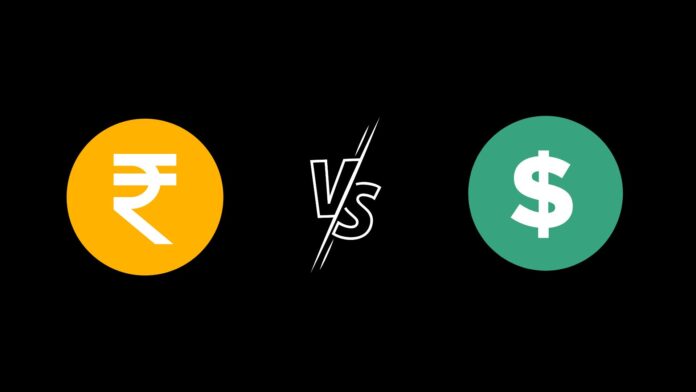“Somewhere Europe has to grow out of the mindset that Europe’s problems are the world’s problems but the world’s problems are not Europe’s problems. That if it is you, it’s yours, if it is me it is ours. I see reflections of that.”
External Affairs Minister S Jaishankar (Jun 03, 2022)
These remarks have reverberated globally and brought about a stir in geopolitics. Did India finally decide to go back to basics to be reckoned as Global Leader in economics? Has India learned the all-important lesson of looking after its interest?
The Society for Worldwide Interbank Financial Telecommunication (SWIFT) is a global financial messaging network that enables banks and financial institutions around the world to send and receive information about financial transactions securely and efficiently. SWIFT is a critical infrastructure for the global financial system and plays a key role in facilitating cross-border payments and supporting international trade.
The Reserve Bank of India (RBI) is the central bank of India and has the authority to regulate and supervise the financial system in the country. As such, the RBI has the power to influence the use of SWIFT within the Indian financial system and could potentially use this power to hurt the US economy. The success of Aadhar Card and UPI payments in India has unnerved many nations in the past half a decade.
What did these remarks ignite back in India?
Mr. Jaishankar’s speech broke the social media servers and Twitter charts outpoured with the nation’s similar sentiments shared in unanimity.
What is the new system RBI is putting in place?
The RBI could potentially hurt the US economy through SWIFT by encouraging the use of alternative payment systems. In recent years, there has been a trend toward the development of alternative payment systems that are designed to be faster and more efficient than traditional banking systems. If the RBI were to promote the use of these alternative payment systems within the Indian financial system, it could potentially reduce the demand for SWIFT and shift more of the global payment traffic away from the US-dominated financial system. This could have negative consequences for the US economy, as it would likely lead to a decline in the fees and revenues generated by US banks and financial institutions from processing international payment transactions.
What is the reason behind enabling rupees to roubles trade?
In simple terms, dominance and heavy reliance on the SWIFT system with sanctions imposed on financial trade routes dictated by the US-backed banking system prevent under-developed and developing nations from trade.
How will this affect/effect India?
One way the RBI could potentially hurt the US economy through SWIFT is by restricting or limiting the use of the network by Indian banks and financial institutions. If the RBI were to restrict the use of SWIFT by Indian banks, it could disrupt the flow of financial transactions and make it more difficult for US banks and financial institutions to do business with their counterparts in India. This could potentially lead to a decline in cross-border trade and investment between the two countries, which could have negative consequences for the US economy.
Another way
In addition to these direct effects, the RBI could also potentially hurt the US economy through SWIFT by using its influence within the global financial system to push for the adoption of alternative payment systems. As the central bank of one of the world’s largest and fastest-growing economies, the RBI has significant influence in the global financial system and could potentially use this influence to promote the adoption of alternative payment systems that are not controlled by the US financial system. If the RBI were successful in this effort, it could lead to a shift in the global payment landscape away from the US dollar and towards alternative payment systems, which could have negative consequences for the US economy.
It is worth noting that there are also potential risks and downsides to the RBI taking any of these actions to hurt the US economy through SWIFT. For example, restricting or limiting the use of SWIFT within the Indian financial system could lead to a decline in the efficiency and effectiveness of the country’s financial system, which could have negative consequences for the Indian economy. Similarly, promoting the use of alternative payment systems could lead to a decline in the security and stability of the Indian financial system, as these systems may not be as well-established or tested as traditional banking systems.
Overall, while the RBI does have the power to influence the use of SWIFT within the Indian financial system and could potentially use this power to hurt the US economy, there are also potential risks and downsides to such a strategy. Ultimately, the RBI will need to carefully weigh the potential benefits and costs of any actions it takes in this regard and consider the broader implications for both the Indian and global financial systems.






























